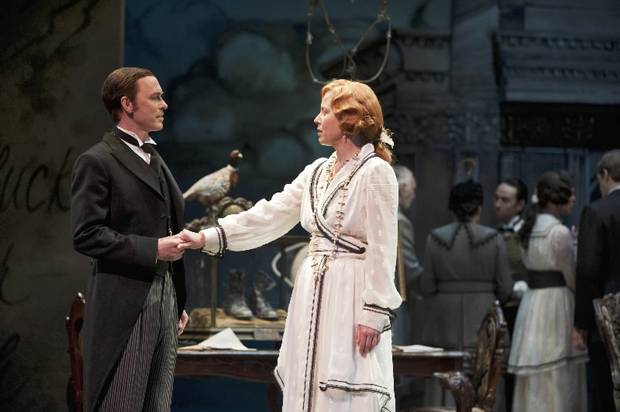For me, there may be nothing more beautiful on this Earth than the sight of a thoroughbred race horse, with jockey aboard, charging down the homestretch pushing and pushing to beat the other thoroughbreds in a turf race. Even as a young boy, I paid attention to the great Triple Crown in the US (Kentucky Derby/ Preakness/ Belmont Stakes) and Canada's own version (The Queen's Plate/ The Prince of Wales Stakes/The Breeder's Cup). The fine-toned, rippling muscles of these gorgeous animals, whether just standing in a paddock or galloping down the track have always caught my eye. I'm fortunate to remember watching Secretariat live on TV, one of the greatest horses ever, when he managed to win the Triple Crown in 1973
It was quite exciting when he won because it had not been done since Citation in 1948. And it has only been done twice since, Seattle Slew (1977) and Affirmed (1978). Over the years, I've cheered on a variety of horses, some which managed to get the first two, but always failed at the longer and harder-to-achieve, Belmont Stakes. My favourite in recent years was Smarty Jones, a great horse considered “smallish” by thoroughbred standards, but who still managed to easily win the first two legs before being pipped at the wire by Birdstone at Belmont. I didn't even necessarily know I was doing this, but I've also discovered that I've always gone out of my way to watch horse racing films. Carroll Ballard's The Black Stallion (1979), Simon Wincer's Phar Lap (1983), Gary Ross's Seabiscuit (2003), Joe Johnston's Hidalgo (2003) and, of course, Randall Wallace's Secretariat (2010) which has just recently come to DVD. Some of these were great, such as Ballard's lyrical masterpiece; some are rousing entertainments (Hidalgo); some of them are sentimental crap (Seabiscuit – really unfortunate since it is based on an absolutely brilliant book written by Laura Hillenbrand); and some are old-fashioned, in the most gloriously positive sense (Secretariat). (A nod must be extended to my Critics at Large colleague Steve Vineberg for this description that he shared with Kevin Courrier; I couldn't agree more).






